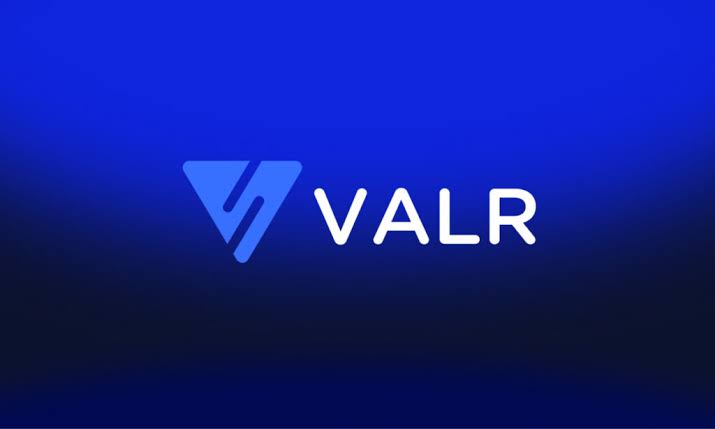VALR, South Africa’s largest cryptocurrency exchange, has secured a license in Poland as part of its global expansion strategy.
The largest cryptocurrency exchange in South Africa, VALR, has recently obtained a license in Poland, which comes at a time when the company is focusing on expanding its operations across the globe.
Reuters reports that South African financial regulators granted a license to the latest business venture. These officials have granted the company permission to compete with leading cryptocurrency exchanges.
As part of its expansion strategy, VALR intends to focus on regulated markets in a variety of countries, including those in Africa, Europe and other regions. In order to incorporate a greater number of customers into its expansion strategy, the company has taken the step of obtaining a license in Poland.
The majority of its customers are South African businesses at the moment, with the remaining customers coming from other countries as the company continues to broaden its scope of offerings.
Established in 2018, VALR serves over 600,000 retail customers and over 1,000 institutional customers across South Africa and the rest of the world. The company offers a variety of products, including spot trading, margin trading, perpetual futures, and staking goods.
VALR Sets Sights on Global Expansion
VALR’s Chief Executive Officer, Farzam Ehsani, provided an overview of the company’s future goals and objectives. VALR was able to obtain initial approval from the Virtual Assets Regulatory Authority (VARA) in Dubai, as well as approval for other actions in Mauritius with the same authority.
Possible potential destinations for the company include Ghana, Kenya, Nigeria, and Egypt, all of which are located in Africa. Nigeria put VALR plans on hold after implementing crypto regulations.
This year, Nigeria changed its policy on cryptocurrencies in response to allegations that the operations of leading digital asset exchanges had an impact on the country’s currency.
This led to a telecom ban on several cryptocurrency exchanges, including Binance, and the arrest of two company officials. The Financial Sector Conduct Authority (FSCA) granted approval for sixteen licenses, bringing the total number of cryptocurrency companies that are licensed to seventy-five.
This action creates a regulatory environment that caters to all stakeholders and makes it possible for the market to expand. Cryptocurrency companies, having obtained approval in Africa, are now attempting to expand into global players by bolstering collaborations on both the regional and international levels.












